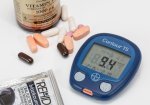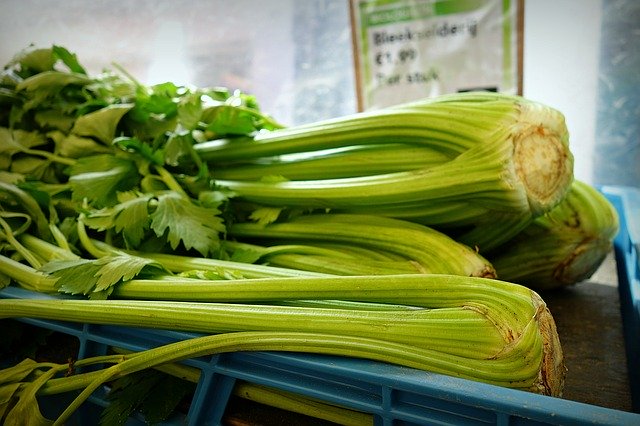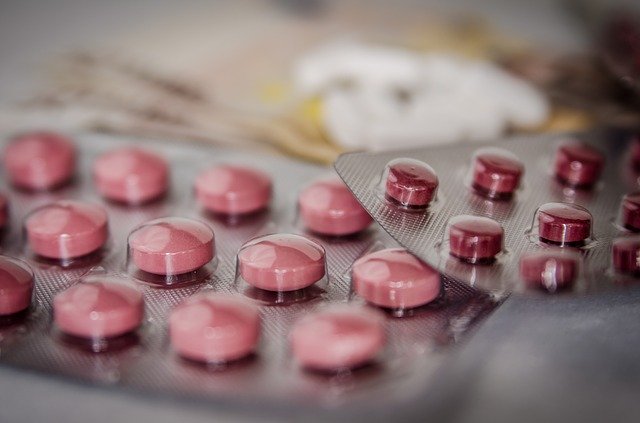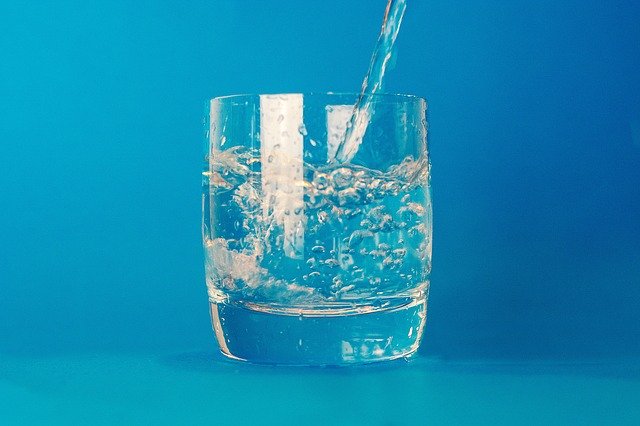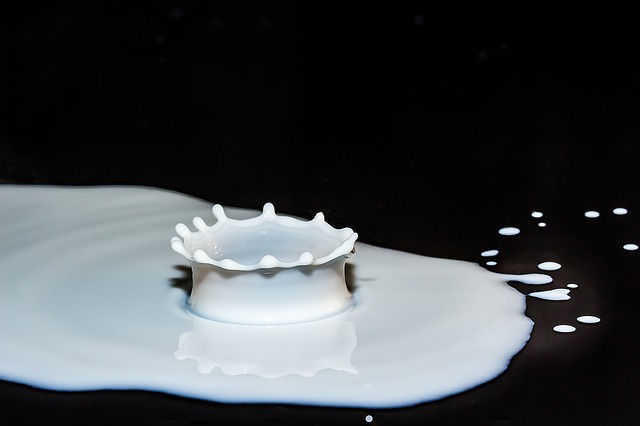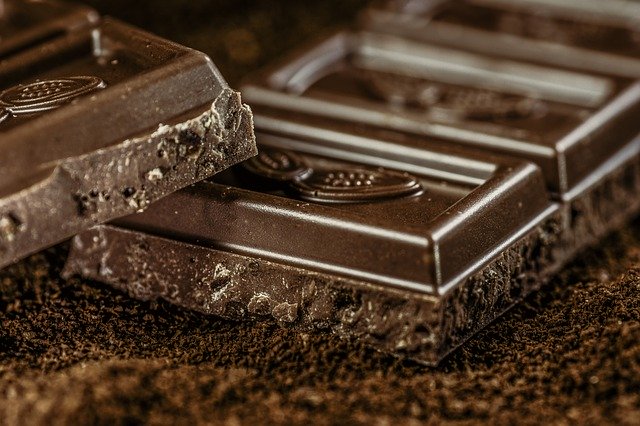Glucosamine And Blood Pressure Overview
Covering glucosamine and blood pressure side effects and the different types of available supplements

Glosamine blood pressure association in an ongoing concern amongst some high blood pressure patients who suffer from various hypertension subtypes such as labile hypertension and isolated systolic hypertension.
Glucosamine is also known as glucosamine sulfate, glucosamine sulphate, N-acetyl glucosamine and chitosamine. Though controversial, it is important to the formation and repair of knee cartilage and other body tissues. Runners and dancers are well known to use glucosamine to help with performance. Glucosamine helps with knee osteoarthritis which is the rubbery material that cushions joints. Production of glucosamine is well known to decrease with age advancement which makes it necessary for particular individuals to take its nutritional supplements.
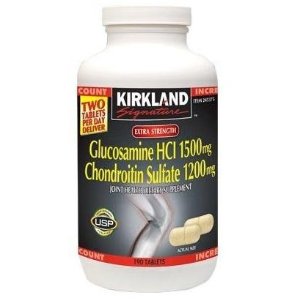
Glucosamine nutritional supplements are manufactured from shells of shrimp, lobster and crab. This makes them an allergy to people who are allergic to sea creatures. These supplements are available in tablet form as well as various juice flavors.
The concern about glucosamine and blood pressure emanates from the fact that glucosamine supplements especially glucosamine sulphate contains sodium chloride which is a salt (sodium). Sodium is amongst the key causes of high blood pressure more so in salt sensitive individuals. Salt naturally retains water or fluids in the body system which has the effect of increasing blood pressure.
In fact a simple reduction in sodium intake has been shown to significantly reduce blood pressure in hypertension patients. The use of glucosamine sulfate supplements therefore increases overall daily sodium intake. The American Heart Association (AHA) recommends a daily sodium intake of 2300mg. An average adult in America has a daily sodium intake of 5400mg.
For example, a 1500mg drink mix of glucosamine supplement contains 20mg of sodium. The manufacturer further recommends daily intake of the drink for best results. This clearly significantly impacts daily sodium intake when combined with other sources of sodium such as processed foods that people eat on a daily basis.
Glucosamine and blood pressure association works against the positive effects of hypertension medications such as diuretics whose mechanisms involves excreting excess fluids from the body. Glucosamine supplements affect blood pressure patients by further working against foods that lower blood pressure found in hypertension diets.
Individuals with labile hypertension run the risk of pushing this type of blood pressure into developing into accelerated hypertension which is also known as malignant hypertension. Should you have no choice but to take glucosamine sulfate supplements ensure a cut back in daily sodium intake in other areas of your diet. You may do this by reducing processed foods you eat on a daily basis and increasing fruits and vegetables.
Some supplements have very high levels of sodium per tablet even as high as 30% making it impossible to ignore the impact it can have on your blood pressure health. It is also worthwhile using accurate and clinically approved home blood pressure equipment such as the Relion or Lifesource blood pressure monitors to check your blood pressure response to glucosamine supplements from home. Above all, always consulting your doctor is the best advice when it comes to blood pressure issues.

Return to High Blood Pressure Causes from Glucosamine and Blood Pressure
Return to Blood Pressure Home from Glucosamine and Blood Pressure
Disclaimer
Information contained on this website is not meant to replace your doctor's advice.
(c) All Rights Reserved. 2010-2018
